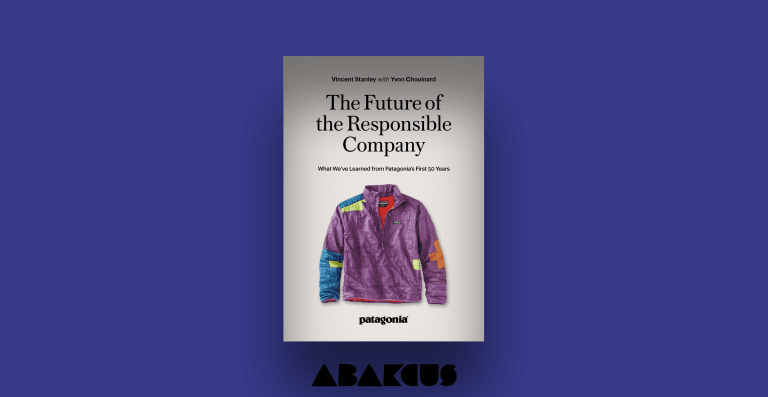Can we talk about how much we love science and philosophy? Imagine indulging in the best of both worlds while unraveling the intricate dance between human experience and scientific inquiry. That’s exactly where The Blind Spot shines. Written by two physicists and a philosopher-cognitive scientist team, this book tackles some BIG questions about our seemingly fractured understanding of reality. Trust me, by the time you’re done with it, you’ll feel like a curious kid on Christmas morning, blown away by what’s under the wrapping paper.
Here’s What Hooked Me
You know that feeling of staring at your phone or computer for hours, yet still feeling disconnected and restless? (Yeah, we’ve all been there.) The Blind Spot intricately connects this modern malaise to how our cultural and scientific systems evolved. It argues that science’s obsession with measuring and theorizing about the external world has left our first-person, lived experiences in the shadows. Why does this matter? Because, as the authors put it, neglecting this inner world could be one of the reasons we feel so incomplete in today’s hyper-rational, overly quantitative society.
The premise traces its roots back to thinkers like Galileo, Descartes, and Bacon, who, in trying to objectively define the world, inadvertently split it into two camps: mind (qualitative experience) and matter (quantitative measurement). You’d think this division would be super helpful, right? Well, it was. Concepts like temperature, time, and the crazy equations behind quantum mechanics came out of it. But it also created what the authors call the “Blind Spot” by devaluing direct human experience. (Think of it as science accidentally ghosting us.)
The Joy (and Gripe) of Reading This
To keep things balanced, The Blind Spot is very much written by scientists, for scientists, and readers who appreciate science-y rabbit holes. There are moments when the authors nerd out with technical explanations and light math (yep, don’t say I didn’t warn you). But for the most part, they manage to present those ideas in a way that feels essential rather than overwhelming. Even for lay readers like me, I never felt excluded from the conversation. It’s kind of like showing up to a party hosted by the science nerds in school, where you’re pleasantly surprised by how engaging and fun they are.
One particularly fun chapter nudges readers to try a small awareness exercise. It prompts you to reflect on how your sensory experiences shape your perception of the world. It’s like hitting the “reset” button on your brain. You’ll feel all sorts of “ah-ha!” moments as they break down abstract ideas into tangible observations about “hot vs. cold” or “clock time vs. felt time.”
Why It Matters (and Why You Should Care)
With all the buzz around AI, climate change, and digital transformation, this book hits different. The authors aren’t anti-science (far from it), but they are deeply concerned about science becoming too detached from human reality. They call out “scientific triumphalism”—essentially the overconfidence that everything we value can be broken down into formulas and solved with enough data points. It’s not just damaging for society; they argue it also risks undermining science itself. The book is a gentle (but firm) nudge to stop putting blind faith in cold, mechanical systems and start rekindling a deeper connection with our place in the greater world.
The suggested solutions are equally inspiring. By integrating disciplines like systems research, neurophenomenology (fancy way of exploring consciousness), and the history of science, the authors believe we can bridge that chasm between scientific abstraction and subjective human experience. Yes, challenges exist (hello, underfunded academia and profit-hungry grant systems), but the book’s optimism is infectious. Somewhere within those vast, rigid systems of science, there’s still space for creativity, curiosity, and critical thinking to flourish. And if you care about complex issues like climate change, pandemics, or the biodiversity crisis, this book offers a fresh lens through which to better understand and approach them.
The Takeaway
At its heart, The Blind Spot is a passionate call to rediscover and revalue the elusive, messy, beautiful thing that we call human experience. It’s not just a win for science enthusiasts, but also for anyone who has stared up at the stars (or a cup of coffee!) and wondered, “Where do I fit into all of this?”
Whether you’re an academic, a curious reader, or someone looking to challenge yourself with thought-provoking ideas, this book will leave you questioning and reflecting long after you turn the last page. Plus, it’s refreshing to read a scientific book that’s not afraid to be philosophical. Highly recommend it to anyone who feels called to understand not just how the world works—but why it feels the way it does too.
If books could give you a hug and a mind-blowing revelation at the same time, well, this one absolutely does. I truly believe the more people who read The Blind Spot, the better we’d all communicate, collaborate, and, y’know, feel more human.







